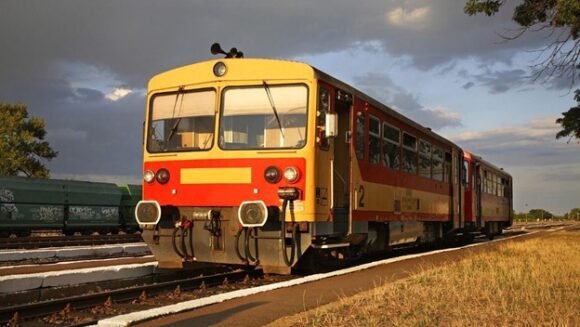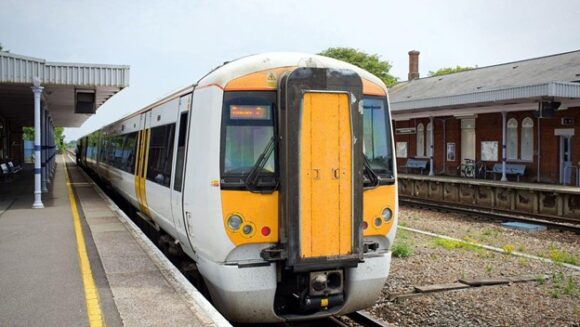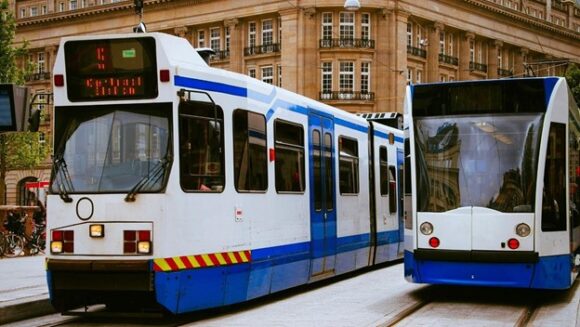In January, the news broke that from 14 January tram lines 1 and 2 in Debrecen would be replaced by buses on weekends to cut down on energy expenses. DKV (Debrecen Transportation Ltd.) had announced that the replacement buses would not reach the Piac Street pedestrian zone, to the great inconvenience of the locals (you may find the detailed schedule in English here). We thought it would be interesting to examine how other European cities deal with the energy crisis when it comes to their urban transportation, which may bring a sigh of relief to some of us, knowing that we are not alone in this struggle.
Let’s start with the good news
On Saturday afternoon, during his ‘state of the nation’ speech, PM Viktor Orbán announced the new travel scheme which would take effect on 1 May. According to turizmus.com, two new nationwide travel passes which come into force mid-spring will allow passengers to travel across an entire county, or even the country as a whole by using the services of Máv-Start, Volánbusz, Máv-Hév or GYSEV. The county and country passes will enable travelers to use the lines of the above-mentioned transportation companies unlimited within the region or distance indicated on the pass. The two new products will come at a favorable price; the county pass will cost HUF 9,450 (EUR 24.70), while the 30-day country pass will be available for HUF 18,900 (EUR 49.39). Students can benefit from a 90 percent discount in the case of both passes.
Source: canva.com
Transportation service cuts
As energy bills soar all across Europe, transportation companies have been desperately seeking solutions to ease their expenditure. For instance, the residents of Kent county in the UK have recently received the unfortunate news that over 38 bus services will be axed ‘recklessly’ across the county. The measure caused a public outcry, hundreds of residents living in small rural settlements turned to the county council to express their frustration. In the region of North East Somerset, UK, Chew Valley villages were also left completely isolated when key bus routes were slashed in the bid to make a raft of cuts across the region.
Many Italian cities also tackle similar issues like Debrecen. Public transport users in the northwestern town of Genova in the Liguria region have been dealing with reduced service hours concerning critical bus routes, such as line 86, that pass through the busiest parts of the city.
EU-wide public transport strikes
The toll of the energy crisis also manifests in the unfair ways transportation companies keep the wages of their employees at the lowest and exert enormous pressure on them due to tight journey times and irregular schedules, which inevitably result in frequent union strikes. Therefore, when it comes to everyday challenges commuters have to face, reduced service hours and shortened or altered routes are not the only nuisances. In the metropolitan city of Athens with over 3,000,000 residents, passengers had to find ways to get to work or to their desired destination for the 3rd time this month, as the last 24h public transport strike concerning electric railways and trams just ended a couple of days ago on 15 February.
When you think of such advanced European countries as the Netherlands, you probably picture a smoothly running transportation system. However, that’s not the case as regional public transport workers will again walk off the job this Wednesday and Friday, leaving travelers stranded and stressed.
Main picture: canva.com
– Eleonora Jobst –





















